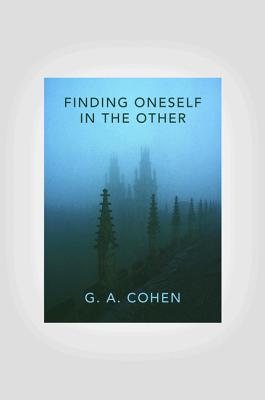What do you think?
Rate this book


272 pages, Paperback
First published October 28, 2012
[...] Lack of freedom of speech cuts everyone off from the truth. If all you’ve got is Rudé právo, and you know it lies, you cannot really know what’s happening in the world around you, and you know your information is controlled by liars, even if you have no wish to express anything yourself. Freedom of speech is imperative not only because no human being has the right to silence another, but also because human beings have not only a right to express themselves but a right of access to the views of others, and to the truth, rights which go beyond the right not to be unjustifiably interfered with (which includes a right to freedom of expression), rights which are more positive, but no less urgent for that. In the absence of freedom of speech, not only are those who would otherwise speak muzzled, but everybody lives in a prison.